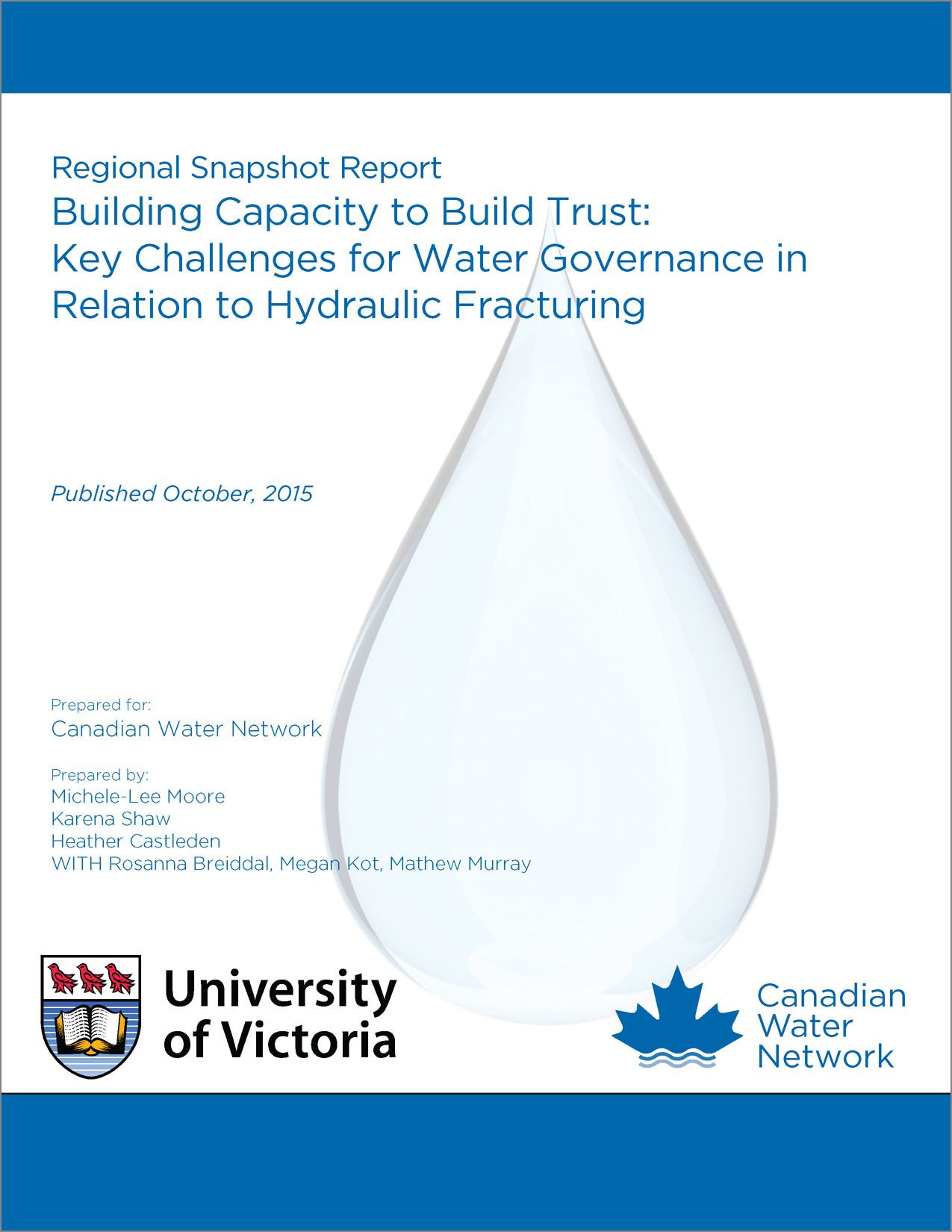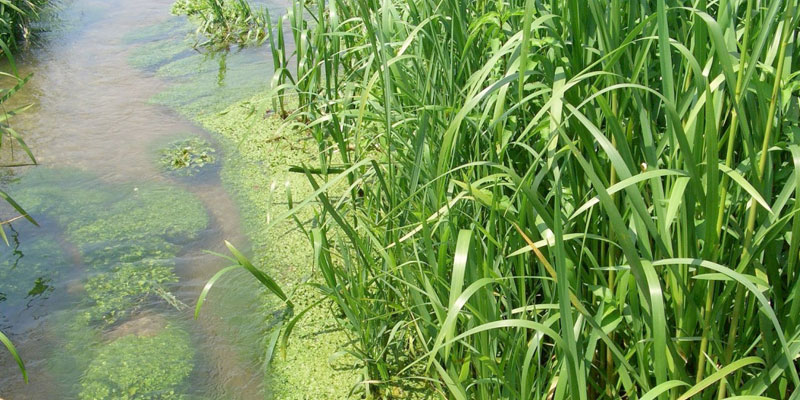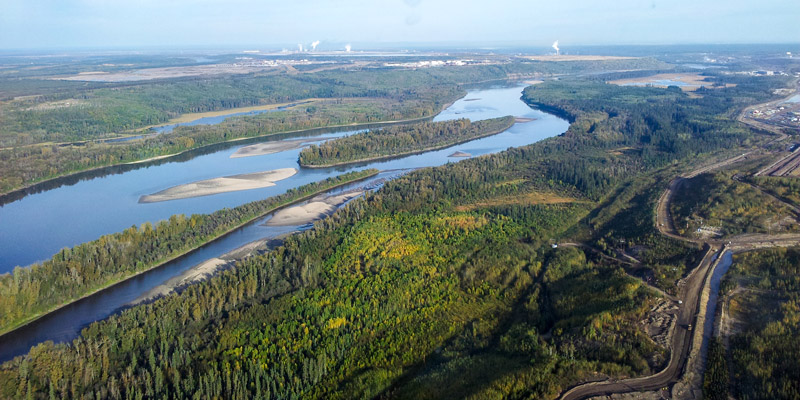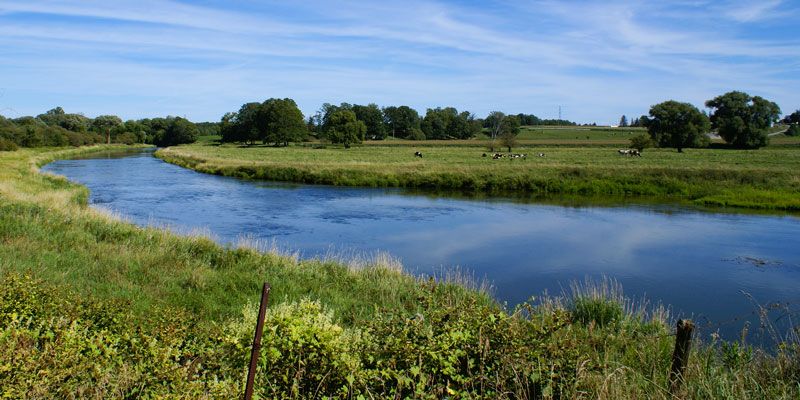Not Just a License to Drill: Exploring the Challenges of Water Governance and Hydraulic Fracturing in Canada
Michele-Lee Moore, Assistant Professor, University of Victoria (2014-2015)
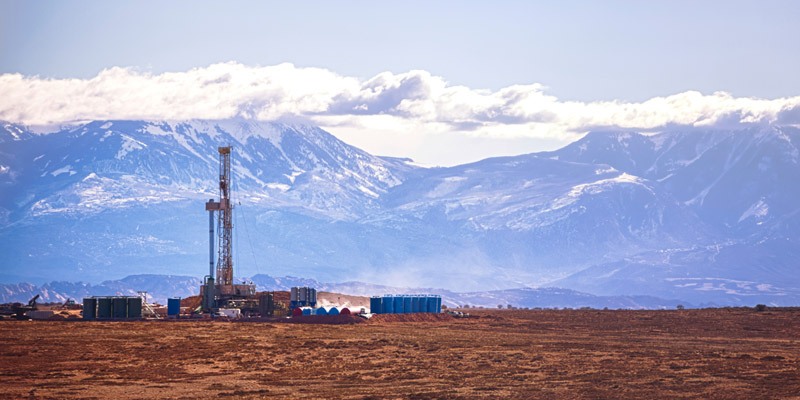
Challenge
With hydraulic fracturing activity increasing in several provinces, and the potential for additional development in others, governance processes that ensure responsible decision-making about surface and groundwater are urgently needed. While varied across provinces, current water governance systems for hydraulic fracturing share a limitation: they were not designed to address complex issues that involve multiple actors and long-term watershed health. Water allocation regulations, in particular, do not adequately address the cumulative effects of project approvals, or adequately include community stakeholders or Indigenous Nations rights, resulting in a governance environment fraught with conflict and uncertainty. In response, this project synthesized current knowledge across key regions and actor groups to identify priority decision challenges and potential research approaches that could be used to address these concerns.
Project
The proposed project focused on two main approaches to identifying priority water governance challenges for decision-makers, industry, and Indigenous Nations. Using the Delphi method, a systematic, interactive forecasting method that relies on a panel of experts, the first approach established a consensus about the challenges related to water governance and hydraulic fracturing and associated knowledge gaps. Meanwhile, a targeted workshop focused on assessing key water governance challenges related to hydraulic fracturing in British Columbia, Alberta, the Northwest Territories, and the Atlantic provinces. Through these processes, a strong, diverse, cross-sectoral network was developed to identify clear priorities for water governance and hydraulic fracturing in Canada. A regional snapshot report was completed after the workshop to integrate knowledge from across a variety of regions, scales and sectors and from both Indigenous and non-Indigenous cultures to offer clear direction on research priorities and possible approaches.
Outputs
- Delphi study results established a consensus among various levels of government, Indigenous nations, industry, water suppliers, academia, and environmental nongovernmental organizations about priority challenges for decision-making
- Water governance workshop assessed key water governance challenges related to hydraulic fracturing in various provinces/territories
- Regional Snapshot report identified the priority challenges for the governance of hydraulic fracturing and water in Canada, covering three areas:
i) current knowledge and research approaches used in identifying priority areas for decision-making
ii) knowledge gaps that may be preventing these challenges from being addressed
iii) research approaches that could be used to address these knowledge gaps
Outcomes
- Assisted with the development of new governance platforms with the province and industry
- Improved understanding about potential impacts from hydraulic fracturing, as well as provide information on water governance frameworks that reflect Indigenous knowledge and the need to protect land and treaty rights.
- Built on previous work on the water-energy nexus; informed local communities in which partner organizations work


